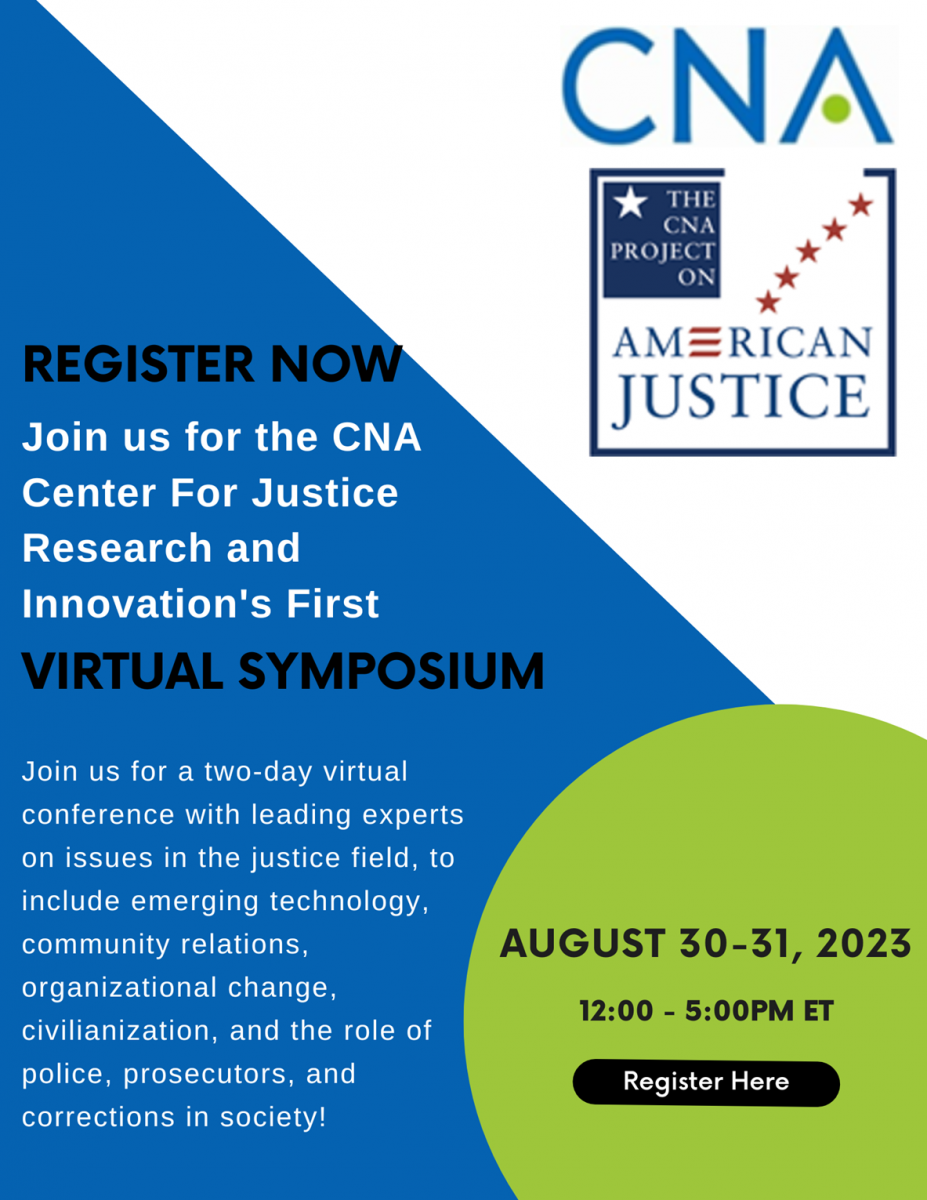FC203 Financial Investigations: Beyond the Basics
This three-day course covers the fundamentals of financial investigations and incorporates some of the more advanced processes that elevate an investigation. During this course, students will learn about investigative processes, practical tools, and sources of information necessary to plan and conduct financial investigations. The course begins with a description of the basic composition of elements within illicit financial networks and how they work to compromise legitimate business and financial sectors. Course material will describe government, regulatory, and investigative actions within the United States, and by international partners to detect and investigate illicit actors and networks. The course also includes considerations for investigation planning and promotion of creative thinking.
